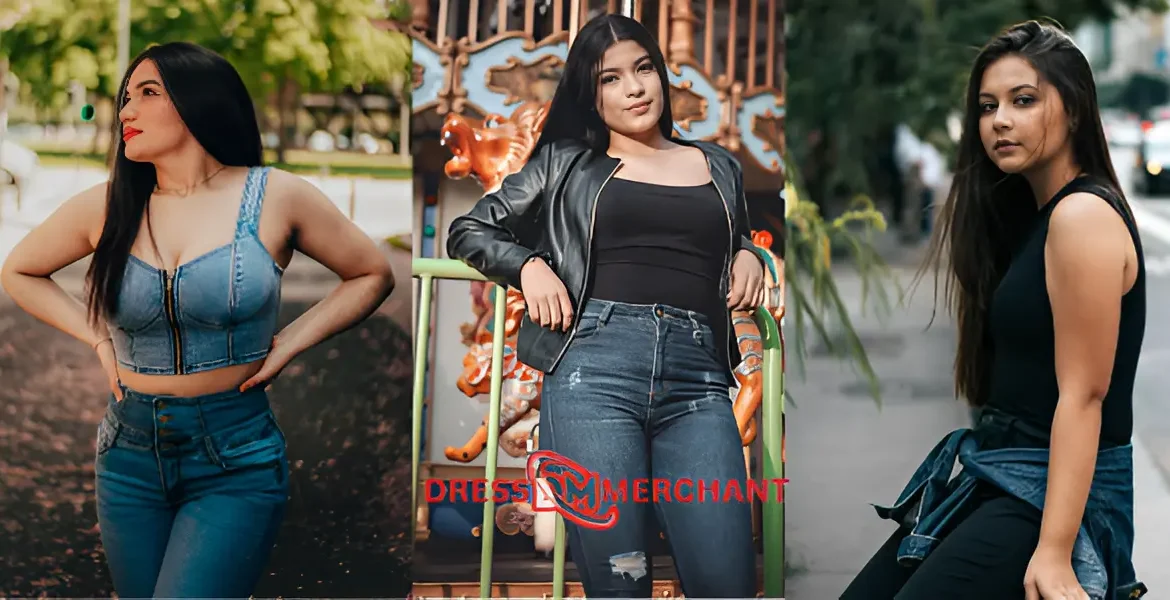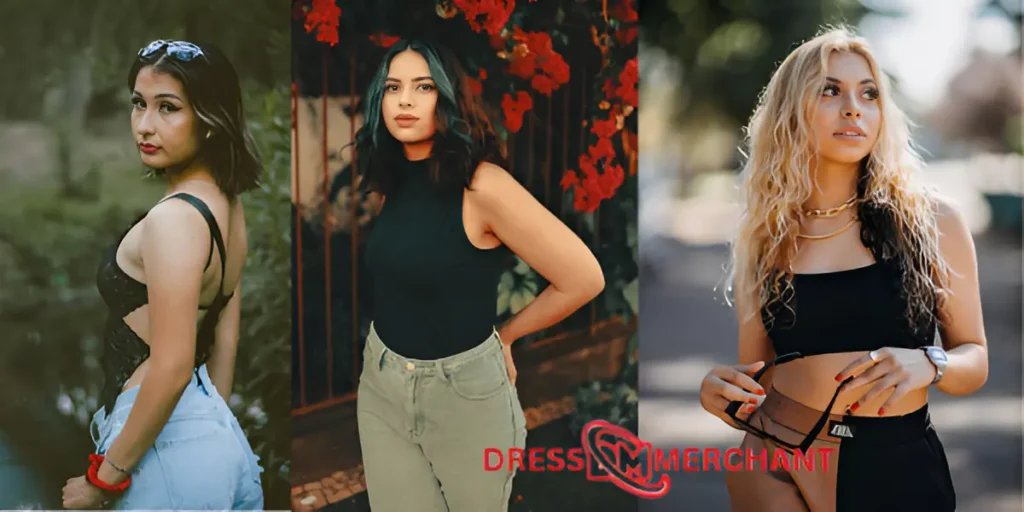How to choose a clothing manufacturer in Bangladesh: Dress Merchant, a leading apparel sourcing agent, guides brands to select reliable manufacturers and exporters, ensuring quality production, timely delivery, and cost-effective solutions for all types of garments.
Thank you for reading this post, don't forget to subscribe!1. Understanding the Importance of Choosing the Right Clothing Manufacturer in Bangladesh
Choosing the right clothing manufacturer in Bangladesh is a critical step for any brand looking to scale operations efficiently. The right partner not only ensures high-quality garment production but also safeguards timelines, reduces production errors, and strengthens brand reputation.
Bangladesh has emerged as a global hub for apparel manufacturing due to its skilled labor force, cost-effective production, and vast infrastructure. However, the abundance of manufacturers also means that selecting the wrong partner can result in delays, poor product quality, and increased costs.
Understanding the manufacturer’s capabilities, experience, and ethical standards is key to making an informed decision. Brands must assess factors like production capacity, machinery quality, workforce skills, and export compliance standards.
Additionally, working with a reliable manufacturer allows for smoother communication, faster problem-solving, and better scalability as your business grows. Therefore, identifying a trustworthy clothing manufacturer in Bangladesh is not just about cost—it’s about long-term business sustainability and ensuring that your garments meet global quality expectations.
2. Key Factors to Consider Before Selecting a Clothing Manufacturer
Before finalizing a garment manufacturer in Bangladesh, several factors need careful evaluation. Production capacity, turnaround time, and minimum order quantities (MOQ) directly impact your supply chain efficiency.
Assessing a manufacturer’s portfolio can reveal their expertise in specific garments, such as knitwear, wovens, or children’s clothing. Pricing is another critical consideration, but it should not compromise quality; it is better to invest in a reliable manufacturer than to save costs and risk inferior products. Certifications such as ISO, WRAP, or BSCI indicate compliance with international labor and environmental standards, ensuring ethical manufacturing practices.
Communication is equally important—language barriers or slow response times can cause misunderstandings that affect product quality. Brands should also check references from past clients and request sample productions to verify capabilities.
By thoroughly evaluating these factors, companies can confidently choose a manufacturer in Bangladesh that aligns with their quality standards, production goals, and long-term business vision.
3. Evaluating Manufacturing Capabilities and Production Quality
Assessing a manufacturer’s production capabilities is essential to ensure they can meet your order requirements. This includes evaluating machinery, workforce expertise, and technology integration. Modern factories with automated cutting machines, industrial sewing lines, and quality control labs provide consistency and efficiency in garment manufacturing.
Quality control is another critical aspect—look for factories that perform checks at every stage, from fabric inspection to final product evaluation. Experienced manufacturers are adept at sourcing high-quality materials and can adapt to different fabric types, patterns, and designs. Additionally, reviewing sample products or prototypes helps gauge their craftsmanship and attention to detail.
Brands should also inquire about the manufacturer’s capacity for large-scale production and flexibility during peak seasons. Choosing a factory with proven production capabilities ensures timely delivery, reduces returns or defects, and maintains your brand’s reputation for quality clothing manufactured in Bangladesh.
4. Assessing Compliance and Ethical Standards in Bangladesh Manufacturers
Ethical compliance is a non-negotiable factor when selecting a clothing manufacturer in Bangladesh. Leading factories adhere to labor laws, provide safe working conditions, and implement sustainability practices. Certifications like WRAP, BSCI, and ISO demonstrate commitment to social responsibility and environmental standards.
Brands increasingly prefer manufacturers who use eco-friendly dyes, sustainable fabrics, and efficient waste management practices, which align with sustainable fashion trends. Conducting audits, reviewing worker welfare policies, and ensuring fair wages are crucial steps in the selection process. Partnering with a compliant manufacturer not only protects your brand’s reputation but also attracts global buyers seeking ethically produced garments.
Furthermore, ethical factories are often better organized, maintain higher quality standards, and are less prone to disruptions, making them reliable long-term partners for consistent and responsible garment manufacturing in Bangladesh.
5. How to Verify Experience and Track Record of Manufacturers
Experience matters significantly when choosing a garment manufacturer in Bangladesh. Brands should verify how long the factory has been operating, the types of garments produced, and the clients they have served. Established manufacturers often have streamlined production processes, quality assurance protocols, and robust supply chain networks.
Checking client testimonials, case studies, and sample production results can provide insights into their reliability and consistency. Experienced manufacturers are better equipped to handle complex designs, large orders, and last-minute changes without compromising quality. Additionally, a proven track record in exporting garments indicates familiarity with international standards, documentation, and shipping regulations.
By choosing a manufacturer with a solid history of delivering high-quality garments, brands can reduce risks, avoid production delays, and build a partnership that supports long-term growth in global markets.
6. Comparing Pricing Models Without Compromising Quality
While cost is important, selecting a clothing manufacturer in Bangladesh based solely on price can be risky. Brands must understand pricing structures, including production costs, material costs, and additional fees such as packaging or shipping. Comparing quotes from multiple manufacturers helps identify competitive yet fair pricing.
Remember, the cheapest option may compromise on garment quality or lead to delays. Manufacturers with transparent pricing policies and clear breakdowns of costs demonstrate professionalism and trustworthiness. Negotiating prices for bulk orders or recurring production can also secure better deals without sacrificing quality. Investing in a reliable factory ensures that your garments meet global standards, reducing returns, rework, and customer complaints.
By balancing cost-efficiency with quality, brands can establish a sustainable production partnership in Bangladesh that aligns with both budgetary and quality expectations.
7. Importance of Communication and Language Compatibility
Effective communication is a cornerstone of successful garment manufacturing in Bangladesh. Misunderstandings regarding design specifications, fabric choices, or production timelines can lead to errors and delays. Brands should evaluate a manufacturer’s responsiveness, language proficiency, and willingness to provide regular updates.
Clear communication helps in discussing prototypes, reviewing samples, and coordinating logistics efficiently. Tools like video calls, shared project management platforms, and detailed documentation can facilitate smooth collaboration. Manufacturers that maintain transparent and prompt communication tend to have better organizational practices, quicker problem-solving capabilities, and higher customer satisfaction.
Choosing a partner that understands your brand’s expectations ensures consistent garment quality and strengthens long-term business relationships.
8. Visiting Factories: What to Look for During a Site Inspection
A physical factory visit provides critical insights into a manufacturer’s operations. During the visit, inspect the machinery, workforce efficiency, cleanliness, safety protocols, and overall workflow. Reviewing how quality checks are conducted, how fabric and materials are stored, and observing production timelines can reveal a lot about the manufacturer’s reliability.
Brands should also assess factory capacity, employee conditions, and adherence to safety and ethical standards. A well-organized, compliant, and modern factory demonstrates professionalism and readiness to handle large-scale orders. Visiting the factory also allows for direct discussions with management, clarifying any doubts, and building trust.
This hands-on approach ensures that the selected clothing manufacturer in Bangladesh aligns with your expectations for quality, ethics, and timely production.
9. Understanding Lead Times and Production Timelines
Timely delivery is crucial in the competitive apparel industry. Brands should discuss lead times with potential manufacturers and evaluate their capacity to meet deadlines without compromising quality.
Understanding production timelines, including fabric sourcing, sampling, and final output, helps in planning inventory and marketing campaigns efficiently. Reliable manufacturers provide clear schedules, communicate delays proactively, and demonstrate flexibility during peak seasons.
Factories experienced in large-scale garment production often have contingency plans to manage unexpected challenges, ensuring consistent supply. By evaluating production timelines, brands can minimize delays, reduce costs associated with late shipments, and maintain customer satisfaction with on-time deliveries.
10. Building Long-Term Partnerships with Reliable Clothing Manufacturers in Bangladesh
Selecting a manufacturer is just the first step—cultivating a long-term partnership ensures continued success. Reliable clothing manufacturers in Bangladesh focus on consistent quality, open communication, and mutual growth.
Brands should nurture relationships by providing clear feedback, respecting payment terms, and collaborating on innovations in fabrics and design. Long-term partnerships offer benefits such as priority production scheduling, better pricing, and improved responsiveness to urgent orders. Furthermore, strong relationships foster trust and transparency, helping brands navigate challenges like changing market trends or supply chain disruptions.
By investing in a dependable manufacturer, businesses secure a sustainable production process, maintain high-quality garments, and strengthen their competitive edge in global markets.
Conclusion: How to choose a clothing manufacturer in Bangladesh
Choosing the right clothing manufacturer in Bangladesh is a critical decision that can define the success of your apparel business. With its thriving garment industry, Bangladesh offers a wide range of manufacturers capable of meeting diverse production needs. However, selecting a partner that aligns with your brand’s quality standards, timelines, and ethical values requires careful research and strategic evaluation. Factors such as production capacity, quality assurance, compliance with labor standards, and experience with export markets should guide your choice.
At Dress Merchant, we specialize in bridging global brands with the most reliable and efficient clothing manufacturers in Bangladesh. As a trusted apparel sourcing agent, we ensure that every manufacturer we collaborate with meets international standards while offering competitive pricing and timely delivery. By leveraging our expertise, brands can make informed decisions, minimize risks, and secure a manufacturer that supports sustainable growth and consistent product excellence.
Partnering with Dress Merchant not only simplifies the sourcing process but also ensures that your clothing line achieves its full potential in both quality and market reach. In the competitive world of apparel, the right manufacturer is more than a supplier—it’s a strategic partner for your brand’s long-term success.






























